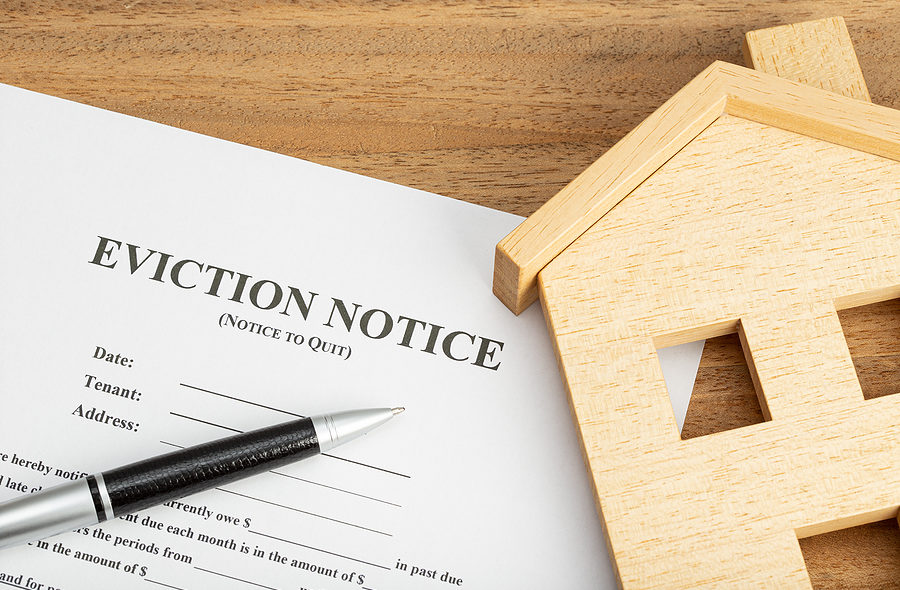Both landlords and tenants are waiting with bated breath to see what will happen when it comes to the current moratorium on evictions in Florida. With the hold on evictions set to expire at the end of this month, no official statement has come from the Florida Governor’s office regarding whether Gov. Ron DeSantis intends to extend the moratorium through the end of September. In the meantime, the number of eviction cases are piling up, waiting to proceed once the freeze on evictions is lifted.
The moratorium on evictions related to the coronavirus (COVID-19) pandemic originally took effect on April 2, during the height of the epidemic. As the hold on evictions now enters its fifth month, landlords are demanding the stay be lifted, allowing them to proceed with business, while tenants are requesting the hold on evictions be extended, giving them additional breathing room to get back on their feet during this difficult time. However, many landlords argue that the individuals taking use of this moratorium do not actually need the assistance but are simply taking advantage of the statewide ban.
Throughout the five months the ban has been in effect, it has been a regular occurrence for the Governor to hold off on deciding until the last minute, which has both parties frustrated. DeSantis made an off-the-cuff statement on Friday, saying he would probably continue the moratorium, but no official statement was issued.
According to the global research firm, Stout, nearly 750,000 Florida households are at risk of being evicted over the next four months. This figure represents nearly half of all rental units in the state.
Filings increased in August after DeSantis extended the moratorium for another month at the end of July but added language that allowed courts to process eviction cases while barring the official “final action” in the case which would require renters to vacate their residences. Additionally, DeSantis’ most recent extension of the order added language that the extension of the eviction ban would only help renters who were “adversely affected by the COVID-19 emergency.”
Landlords are ready to proceed when the ban is lifted. In fact, landlords in Broward, Palm Beach, and Miami-Dad counties have filed 2,170 eviction cases between August 1 and August 27. This number far exceeds how many evictions were filed in the four months before the ban was issued on April 2. Until the courts receive the word to move forward with these evictions, the filed cases are at a standstill, and thousands of tenants are left wondering what their futures will hold.
In many of the recent eviction filings, landlords have claimed to not have knowledge as to whether the tenant has been adversely affected by COVID-19, hoping that this will be enough to allow them to proceed with the case. This additional requirement puts the onus on the tenant to show how he or she has been adversely affected, which should not be an issue considering how far-reaching the effects of this virus have been. Nevertheless, the additional language within the most recent executive order has put an additional requirement within these pending eviction cases.
While tenants may be protected from eviction during this time, this moratorium does not relieve the tenants of their obligation to pay rent every month, including back rent they have already missed before the COVID-19 crisis. At the end of the day, tenants are still responsible for this money and have been encouraged to work out payment arrangements with their landlords if the landlord is still willing to work with him or her.
Please click here to read more.
Choosing the right attorney can make the difference between keeping your home or losing it in foreclosure. A well-qualified Miami foreclosure defense attorney will not only help you keep your home, but they will be able to negotiate a loan that has payments you can afford. Miami foreclosure defense attorney Timothy Kingcade has helped many facing foreclosure alleviate their stress by letting them stay in their homes for at least another year, allowing them to re-organize their lives. If you have any questions on the topic of foreclosure, please feel free to contact me at (305) 285-9100. You can also find useful consumer information on the Kingcade Garcia McMaken website at www.miamibankruptcy.com

